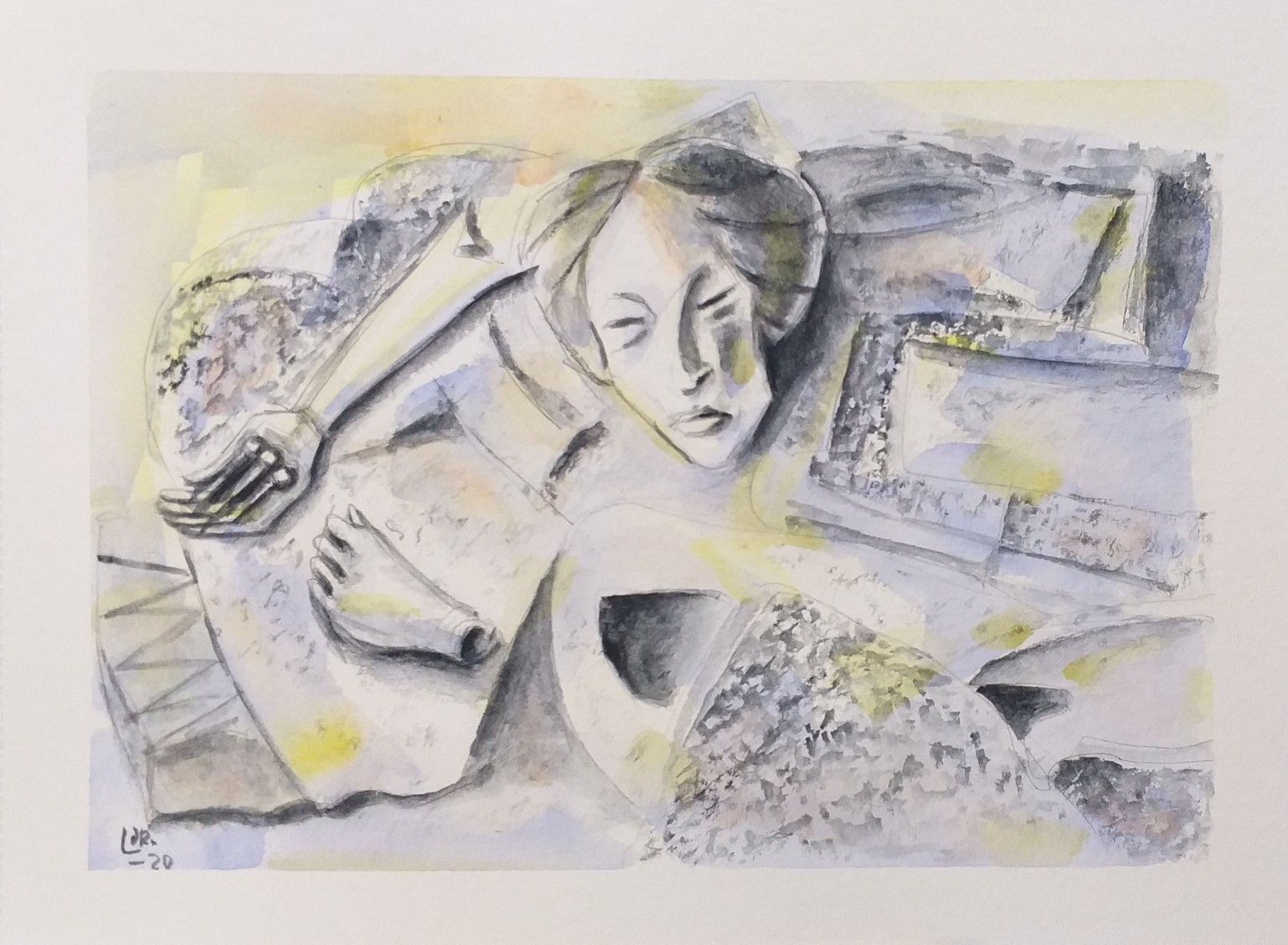Palavras, cenas e melodias:
O crespo que tece histórias e resistências
Abstract
In the present study, we analyze the black protagonists in the literary tale Cauterização by Cristiane Sobral (2011), in the cinematographic material known as Nappily aver after, directed by Haaifa al-Mansour (2018) and finally in the song Joãozinho, by Vanessa da Mata (2004) which the main theme deals with the impositions of whiteness on black women regarding to the natural hair. Considering the image of the denied body, the afro hair constitutes one of the main phenotype traits modified by prejudice, as well as, being subjected to intensive processes of torture and denial. Thus, the research is justified by the intention of understanding the racist aspects that convert the behavior and appearance of black women. By the artistic devices, we aim to trace the aspects responsible for interfering in the construction and valorization of the black identity. This study was conducted through a bibliographic research in which the theoretical support is mainly based on the theories presented by Grada Kilomba (2013), bell hooks (2005), Kemberlé Crenshaw (2004), Karla Akotirene (2018), among others. Thus, by permeating the particularities of each protagonist, we conclude that identity constructions are self-denied since childhood by the idealization of the beauty standard built by means of the dominant discourse in which Afro-descendant beauty is neglected.







